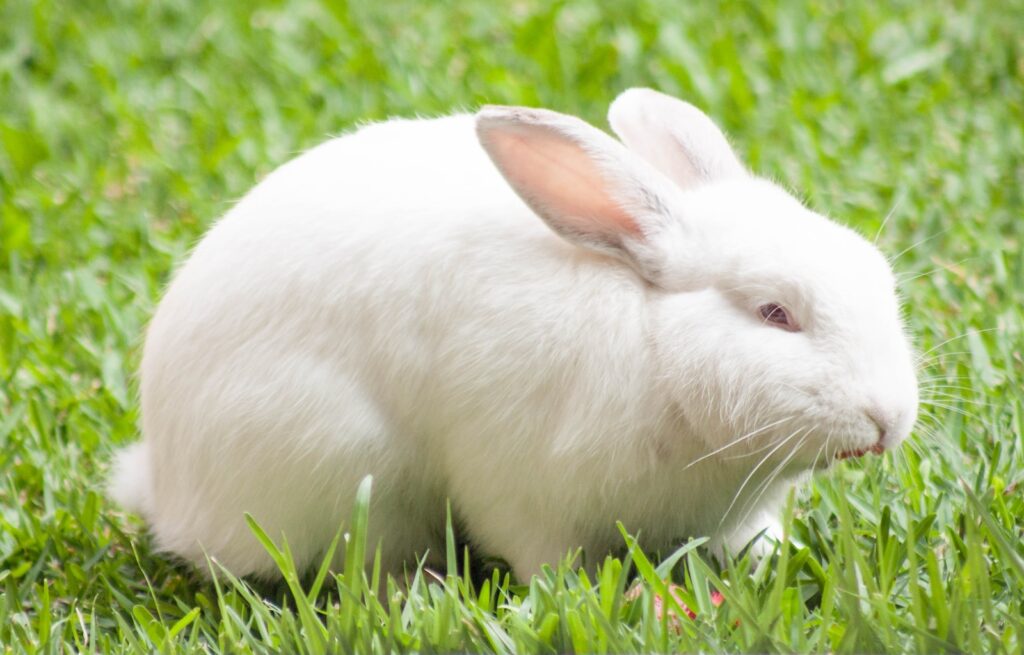Is Carrots Safe for Rabbits? — Yes, It Is
Carrots are indeed safe for rabbits to eat! These vibrant orange vegetables are packed with essential nutrients and can be a healthy addition to your rabbit’s diet. While rabbits are primarily herbivores, their digestive system is well-equipped to handle carrots and derive numerous benefits from consuming them.
Benefits of Feeding Carrots to Rabbits
Feeding carrots to your rabbit can provide several advantages and contribute to their overall well-being. Firstly, carrots are an excellent source of vitamin A, which is essential for maintaining good eyesight and promoting a healthy immune system. Additionally, these root vegetables are rich in fiber, promoting proper digestion and helping to prevent gastrointestinal issues.
Besides the nutritional benefits, carrots can also serve as a great way to provide your rabbit with mental stimulation. Chewing on carrots can help keep their teeth in good condition, as rabbits’ teeth continuously grow throughout their lives. Furthermore, the crunchy texture can satisfy their natural instinct to gnaw and prevent boredom.
How Often Should Rabbits Have Carrots?
While carrots are a safe and healthy food for rabbits, it’s crucial to offer them in moderation. Too many carrots can lead to an excessive intake of sugar and potentially cause digestive problems. As a general recommendation, a small to medium-sized rabbit should be given about one or two baby carrots per day. Remember to adjust the quantity based on the size and weight of your individual rabbit.
Points of Caution When Offering Carrots to Rabbits
Although carrots are generally safe for rabbits, there are a few points of caution to consider. Firstly, ensure that the carrots you feed your rabbit are fresh and free from any signs of rot or mold. Moldy carrots can be harmful to rabbits and should be discarded immediately.
Another cautionary note is the carrot tops or greens. While the carrot itself is safe for rabbits, the greens should be given sparingly, if at all. Carrot greens are high in oxalic acid, which, when consumed in excess, can interfere with calcium absorption and potentially lead to health issues. If you choose to give your rabbit carrot greens, offer them in small quantities as an occasional treat.
Other Pets That Can Safely Consume Carrots
Carrots are not only safe for rabbits but can also be enjoyed by other furry friends. Guinea pigs, for instance, can benefit from the nutritional value of carrots and should be given them as part of a balanced diet. Similarly, some small rodents like hamsters can safely consume small amounts of carrots as a treat. However, it is important to note that each pet species has its specific dietary requirements, so it’s best to consult with a veterinarian before introducing new foods.
Conclusion
In conclusion, rabbits can safely eat carrots and even derive numerous benefits from them. Carrots provide essential nutrients, promote good digestion, and serve as a source of mental stimulation for rabbits. However, it’s important to offer carrots in moderation to prevent overconsumption of sugar. Remember to choose fresh carrots, avoid feeding excessive carrot greens, and always consult a veterinarian for tailored dietary advice for your beloved pet.





